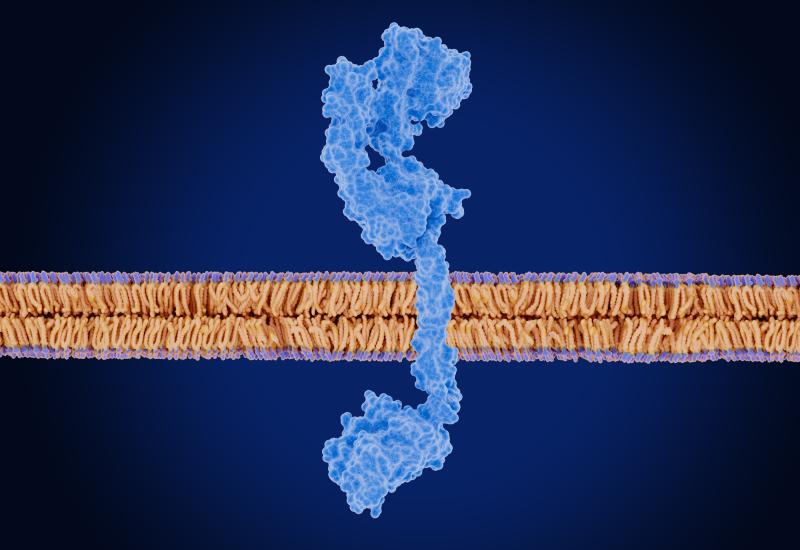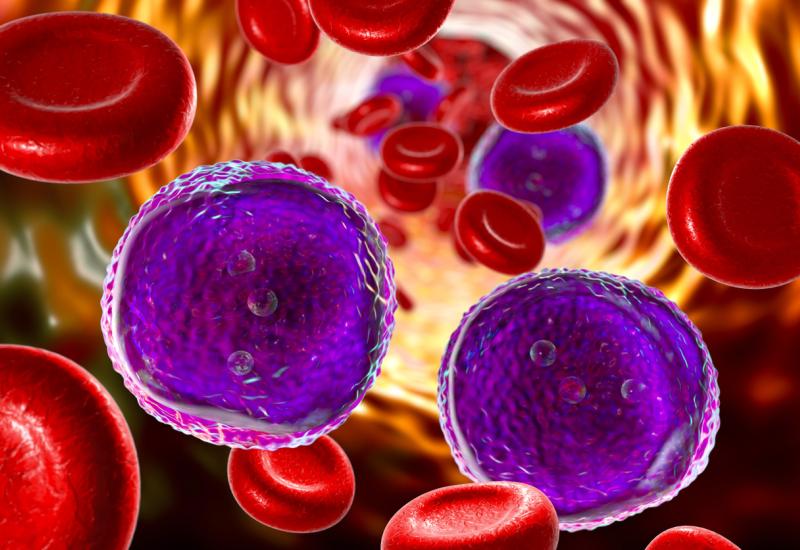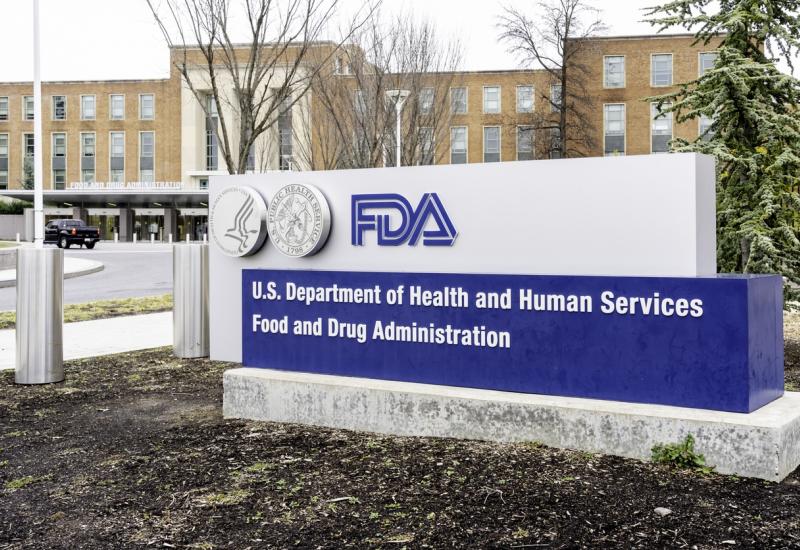
GenFleet broadens its RAS ambitions
And Treeline and HengRui also get in on the pan-RAS act.
And Treeline and HengRui also get in on the pan-RAS act.

Revolution Medicines is the best-known player to have KRAS G12C, G12D and pan-RAS inhibitors in human trials, but now GenFleet has joined the gang. The Chinese group, which was already developing G12C and G12D projects, recently took a pan-RAS blocker, GFH276, into the clinic, according to new listings on clinicaltrials.gov.
The private US company Treeline Biosciences has also become part of the pan-RAS push, with TLN-372, while another new entrant, Jiangsu HengRui’s HRS-2329, also looks likely to be a RAS inhibitor, based on inclusion criteria in its first-in-human study. Elsewhere, Avenzo is taking its VelaVigo-originated TROP2 x Nectin-4 ADC into the clinic, and another private US company, Elpis Biopharmaceuticals, is taking a novel approach with a B7-H3 x IL13Ra2 Car-T.
Pan-RAS
The leading pan-RAS player is Revolution, whose daraxonrasib is in phase 3 in NSCLC and pancreatic cancer. And there’s plenty of other competition: new assets are entering the clinic all the time, including most recently a pan-RAS degrader from Astellas, ASP5834.
The latest in the arena are GenFleet, Treeline Biosciences and, probably, HengRui. TLN-372 is Treeline’s first foray into RAS, but both GenFleet and HengRui already have a presence here.
HengRui was the first company to present human data with a G12D inhibitor, HRS-4642, but these looked disappointing. That project remains in development, although the group recently started a phase 1 trial of another G12D blocker, HRS-6093. HengRui also has a G12C inhibitor, HRS-7058, which will see its first clinical data at ESMO.
GenFleet, meanwhile, has been working with Verastem since 2023 on three RAS-targeting projects, and in January it licensed the G12D contender GFH375 (VS-7375) to its partner outside China. GenFleet also has a G12C inhibitor, fulzerasib, although a promised US phase 3 trial in colorectal cancer doesn’t seem to have materialised.
All three companies clearly see a need for multiple shots on RAS, but they will need to stand out amid an increasingly crowded pipeline.
TROP2 x Nectin-4
TROP2 and Nectin-4 are both extremely popular targets, although only a handful of groups are developing ADCs against both, a look at OncologyPipeline shows. One of these is Avenzo, which is soon to take AVZO-103 into a US phase 1/2 trial in metastatic urothelial cancer and other solid tumours.
Avenzo signed an option agreement with VelaVigo, concerning rights to AVZO-103 (VBC103) outside China, last November; the US group disclosed last month that it had exercised this option.
The only other anti-TROP2 x Nectin-4 ADC in the clinic is Akeso’s AK146D1, which only started human trials in July.
B7-H3 x IL13Ra2
There’s also plenty of activity in B7-H3, but another new clinical entrant, Elpis’s Car-T EPC-003, is the only project also to hit IL13Rα2, according to OncologyPipeline. The company says these targets are co-expressed in around 78% of glioblastomas, and this is where the new phase 1 study, in China, will take aim.
Elpis believes that its armoured candidate could overcome tumour heterogeneity and escape mechanisms; it will soon have a chance to show this in humans.
Recently disclosed first-in-human studies*
| Project | Mechanism | Company | Trial | Scheduled start |
|---|---|---|---|---|
| GFH276 | Pan-RAS inhibitor | GenFleet | RASm solid tumours | 22 Sep 2025 |
| EPC-003 | B7-H3 x IL13Ra2 Car-T | Elpis | Glioblastoma | 26 Sep 2025 |
| DS9051b | Undisclosed inhibitor | Daiichi Sankyo | Adrenocortical carcinoma & mCRPC | 1 Oct 2025 |
| TLN-372 | Pan-KRAS inhibitor | Treeline Biosciences | KRAS mutant solid tumours | 9 Oct 2025 |
| HRS-2329 | Assumed RAS inhibitor | Jiangsu HengRui | RASm solid tumours | Oct 2025 |
| MHB042C | cMet fusion protein ADC | Minghui | Solid tumours | Oct 2025 |
| MHB048C | PSMA ADC | Minghui | Solid tumours | Oct 2025 |
| AVZO-103 | TROP2 x Nectin-4 ADC | Avenzo (ex VelaVigo) | Solid tumours | Oct 2025 |
Note: *projects newly listed on the clinicaltrials.gov database between 24 Sep and 2 Oct 2025.
1871













